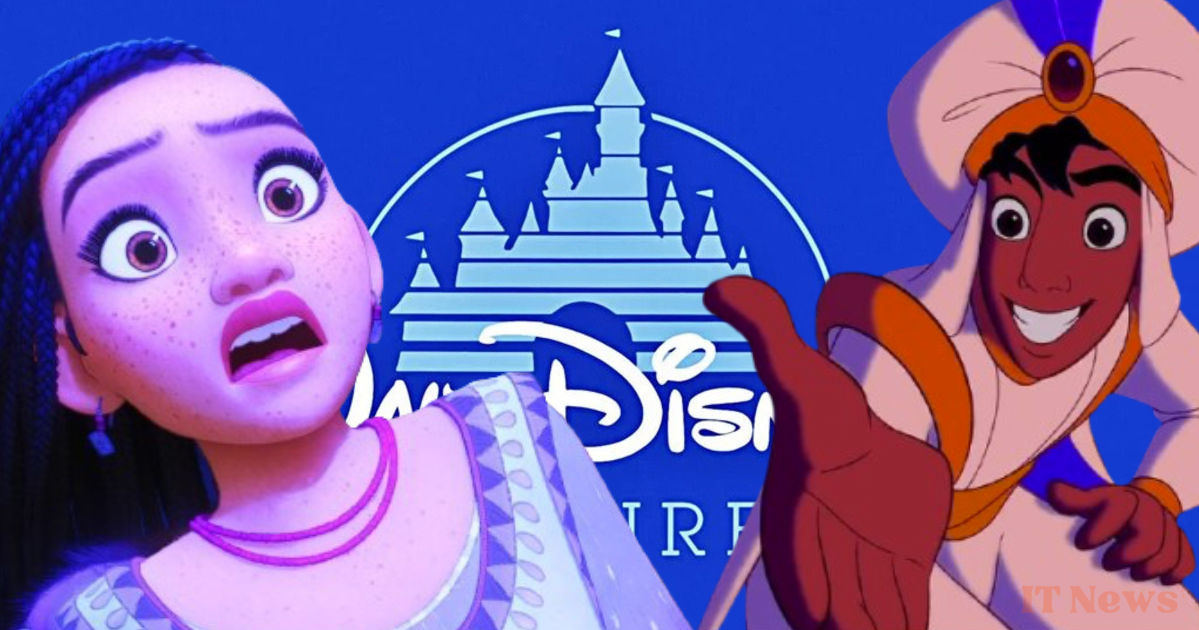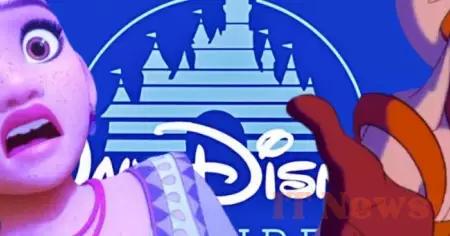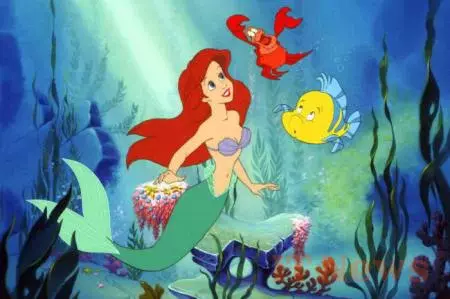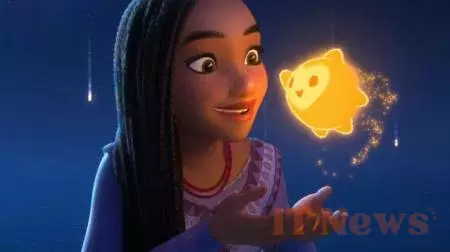After several major failures, the Disney studio intends to get back on track. At least, that's what this official announcement suggests, made at the Annecy Festival, which will delight fans nostalgic for the Golden Age of the 1990s.
Change of direction for Disney Animation
Over the course of its history, the Disney studio has experienced three Golden Ages. The first begins with Snow White and the Seven Dwarfs (1937) and ends with Bambi (1942). The American involvement in the world conflict of 1939-1945 effectively kept the public away from cinemas, and Disney had to reinvent itself by producing patchworks of short films, from Saludos Amigos (1943) to The Toad and the Schoolmaster (1949). While the release of Cinderella in 1950 put the Disney studio back in the spotlight, some animated classics now considered masterpieces received more mixed reviews at the time of their release, such as Alice in Wonderland (1951) and Sleeping Beauty (1959).
The tragic death of Walt Disney in 1966, followed by the departure of the studio's long-time animators, threw Disney into disarray. The failure of The Witcher and the Cauldron (1985) perfectly symbolizes the difficulties the organization experienced during this period. It would take until The Little Mermaid (1989) for the Disney studio to experience a new Golden Age, the end of which varies according to experts; some consider it to end with The Lion King (1994), while others consider it to end at the same time as the decade 1990-1999, with Tarzan (1999).
Following a difficult period during the 2000s, often referred to as the Crossing of the Wilderness - and which was characterized by Disney's hesitations in the face of the digital revolution developed and perfected by Pixar -, Disney experienced a third Golden Age beginning with Tangled (2011) and ending with Frozen 2 (2019). Several feature films from the 2010-2019 decade exceeded $1 billion at the box office, and Disney won several Oscars for Best Animated Feature.
Unfortunately, the health situation of the early 2020s and the launch of Disney+ in 2019 would abruptly end this golden age. Raya and the Last Dragon (2021) met with indifference from the public, Encanto: The Fantastic Madrigal Family (2021) only earned $200 million at the box office despite encouraging reviews (the film would win the Oscar for Best Animated Feature), Avalonia: The Strange Journey (2022) flew under the radar and garnered some very mixed reviews, and Wish: Asha and the Lucky Star was a a very symbolic failure since instead of being the event film of Disney's centennial, it failed to recoup its box office revenue and received very negative reviews.
The only film of the current decade to have exceeded one billion dollars at the box office, Moana 2 convinced Disney to produce other sequels to its most successful animated classics. Already planned are Zootopia 2, announced for November 2025, as well as Frozen 3 and Frozen 4. (The group's full schedule through 2029 is available here.) Is Disney doomed to rest on its most recent successes? While some viewers fear the end of originality at the studio with the big ears, Disney has just made an extremely reassuring announcement about the future of its animation sector. Indeed, during the Annecy Animation Film Festival, which is currently taking place, Disney officially announced, through Jared Bush - artistic director of Walt Disney Animation Studios and director of Zootopia 2 - that filmmaker Ron Clements was coming out of retirement and making his big return to the studio with the big ears. Writing and co-directing Basil, Private Detective (1986), The Little Mermaid (1989), Aladdin (1992), Hercules (1997), Treasure Planet (2002), The Princess and the Frog (2009), and Moana (2016), Ron Clements is one of the principal architects of Disney's second and third Golden Ages.
According to a press release issued by The Walt Disney Company France, following the panel with Jared Bush and Pete Docter (Pixar's highly publicized artistic director) in Annecy, Ron Clements is returning to "now serve as an advisor." His mission will be to bring his experience to the new generation of directors and writers in order to guide them in the production of the Disney studio's upcoming works. While Ron Clements does not have a leadership role within Walt Disney Animation Studios, the American group's desire is to regain its former prestige by reconnecting with its audience, nostalgic for the Golden Age of the 1990s. And you, what do you think of this announcement? Don't hesitate to tell us in the comments section.







0 Comments